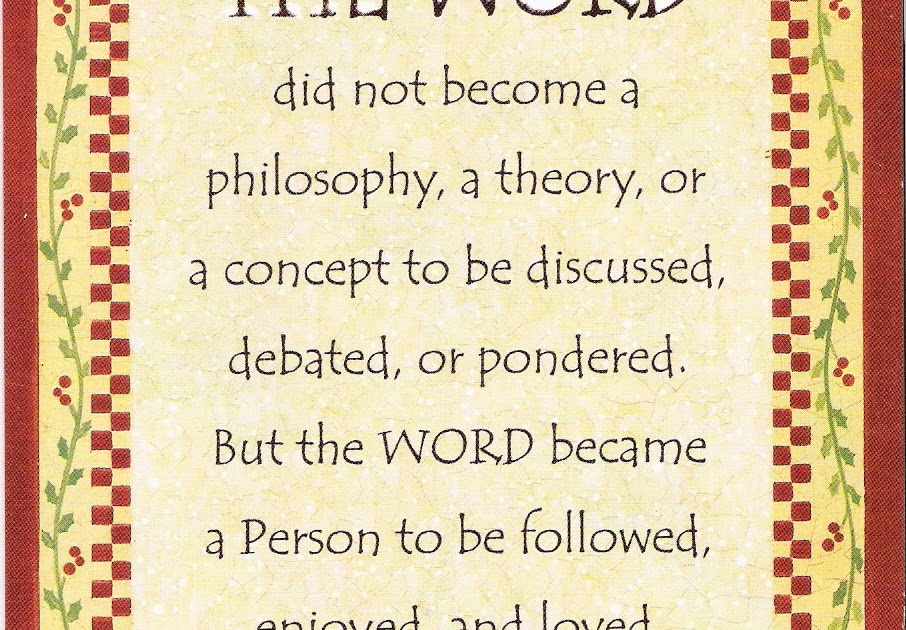Matthias
Active Member
“It took the early church four centuries to arrive at its definitive formulation of Christological doctrine. That formulation has lasted well; it’s fifteen-hundredth anniversary was celebrated in 1951. That 1980’s are far too close to 1951 to write a definitive opinion of that celebration. Yet it is beginning to look as though that tremendous anniversary - which marked an epochal triumph of a complex creed that had stood the test of fifteen centuries - must be seen as a commemoration rather than a celebration. The year 451 marked the beginning of defined orthodoxy, with respect to the doctrine of Christ, within Christendom. The year 1951 may someday be seen as marking its end.”
(Harold O.J. Brown, Heresies, p. 430)
It’s forty years later now. Othodoxy continues in decline due, primarily, to neglect.
(Harold O.J. Brown, Heresies, p. 430)
It’s forty years later now. Othodoxy continues in decline due, primarily, to neglect.






